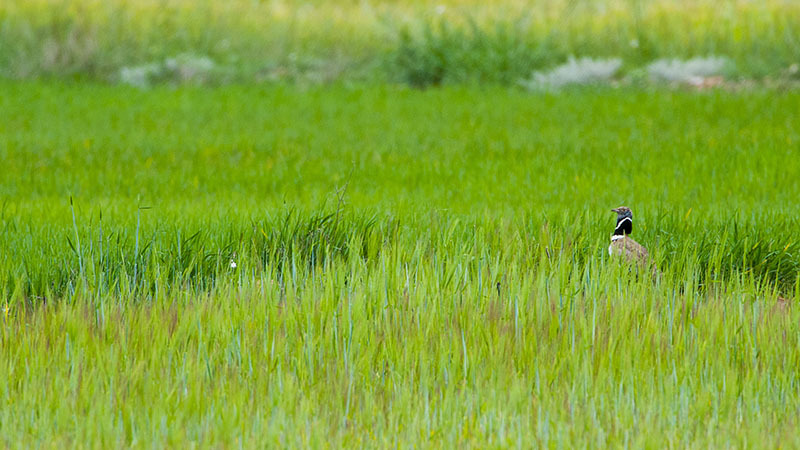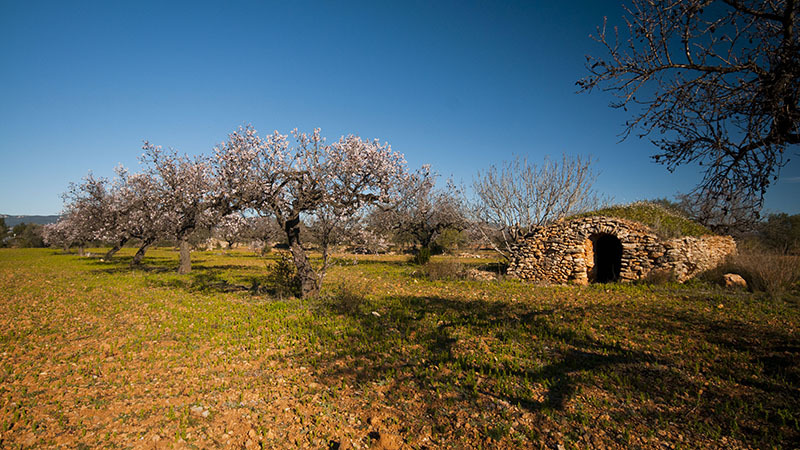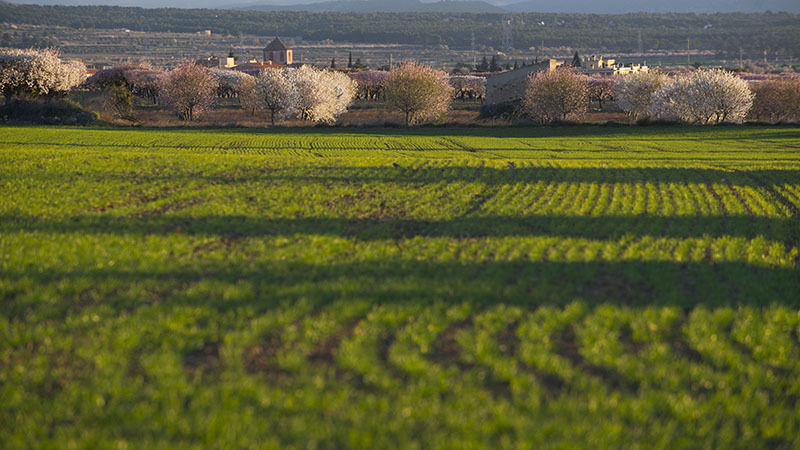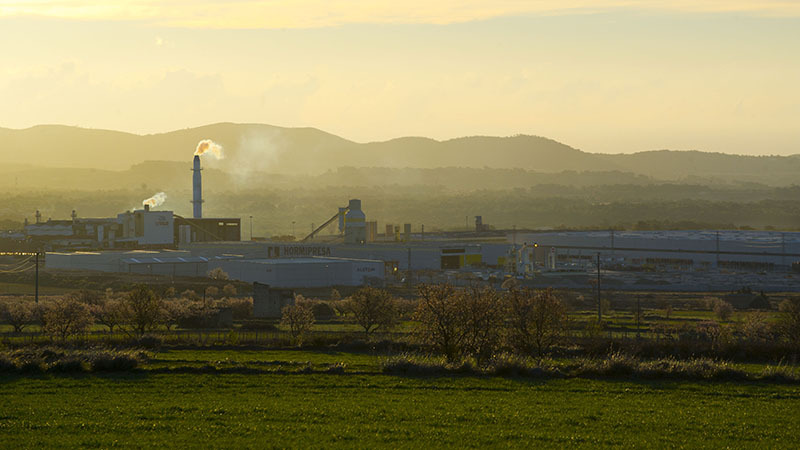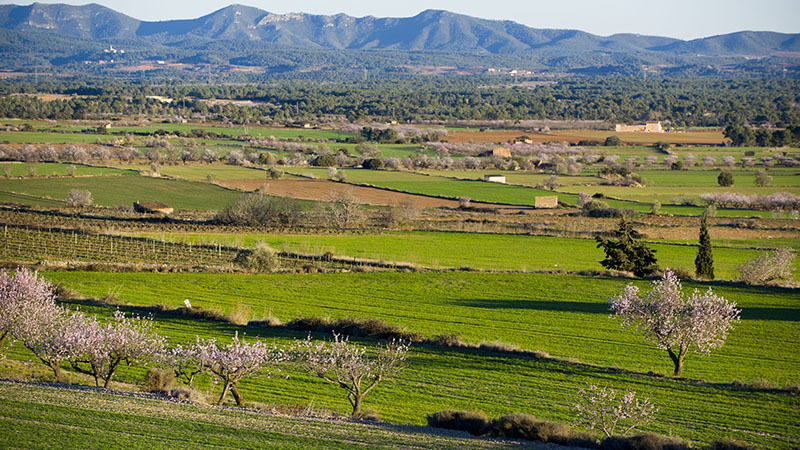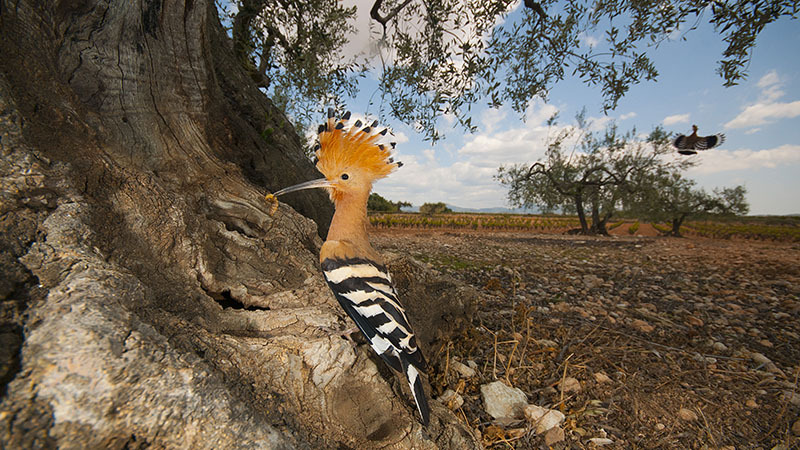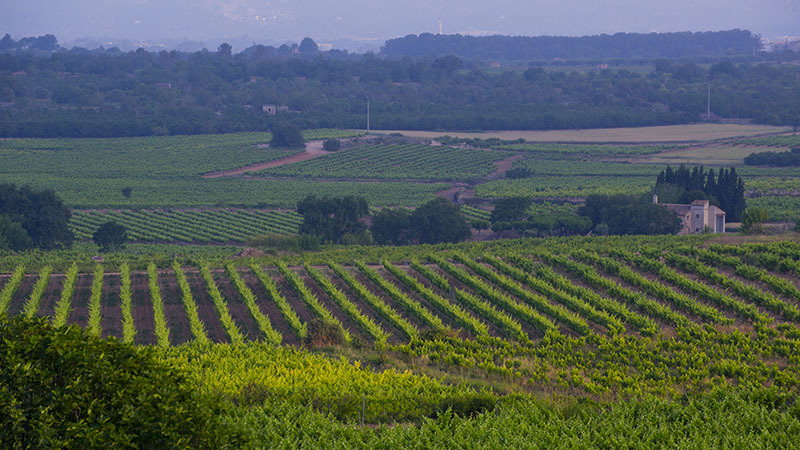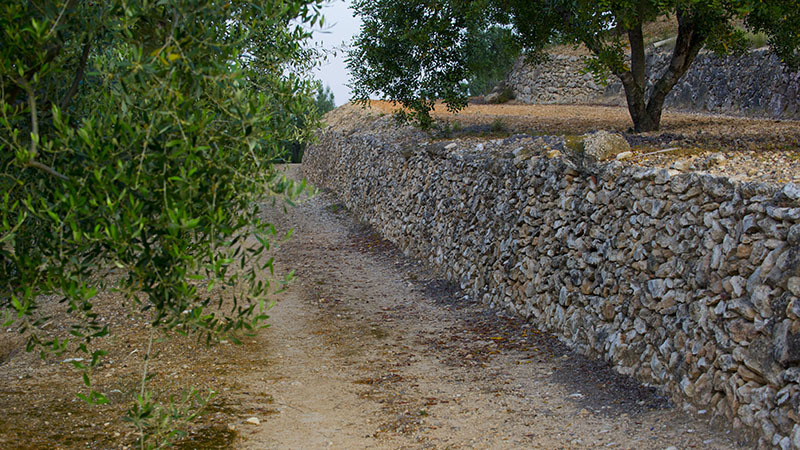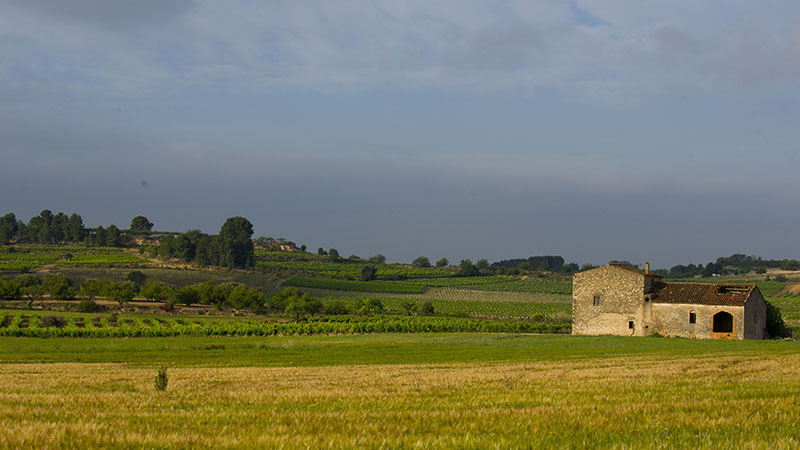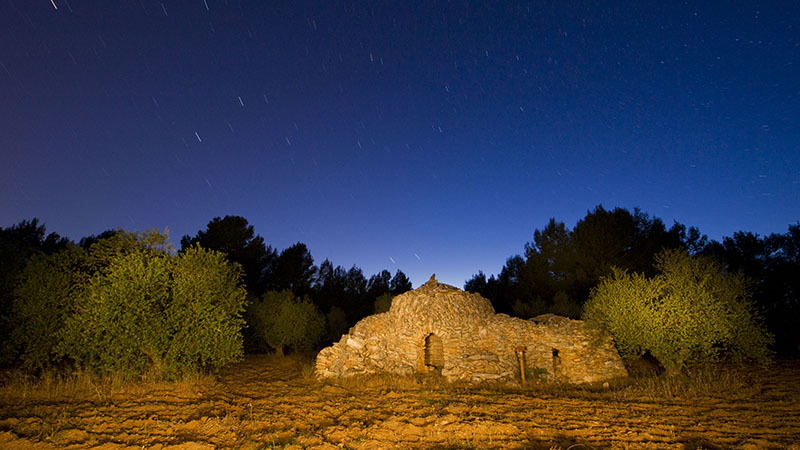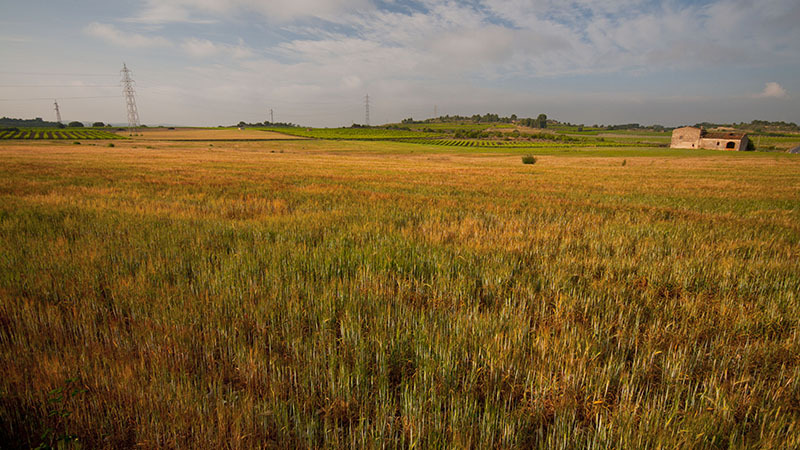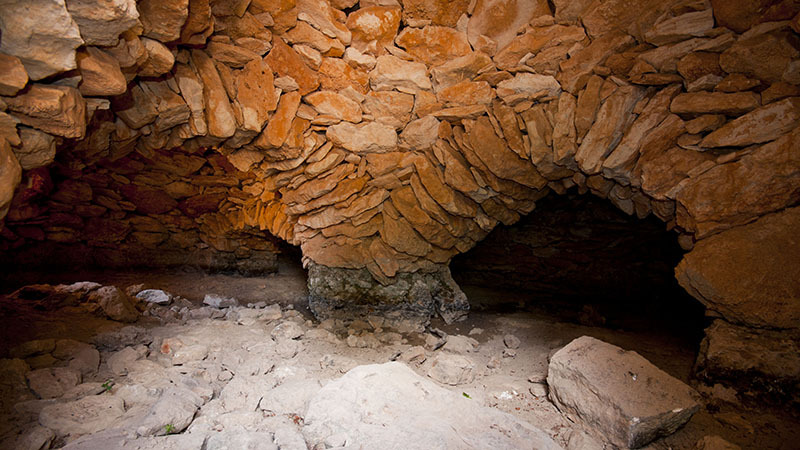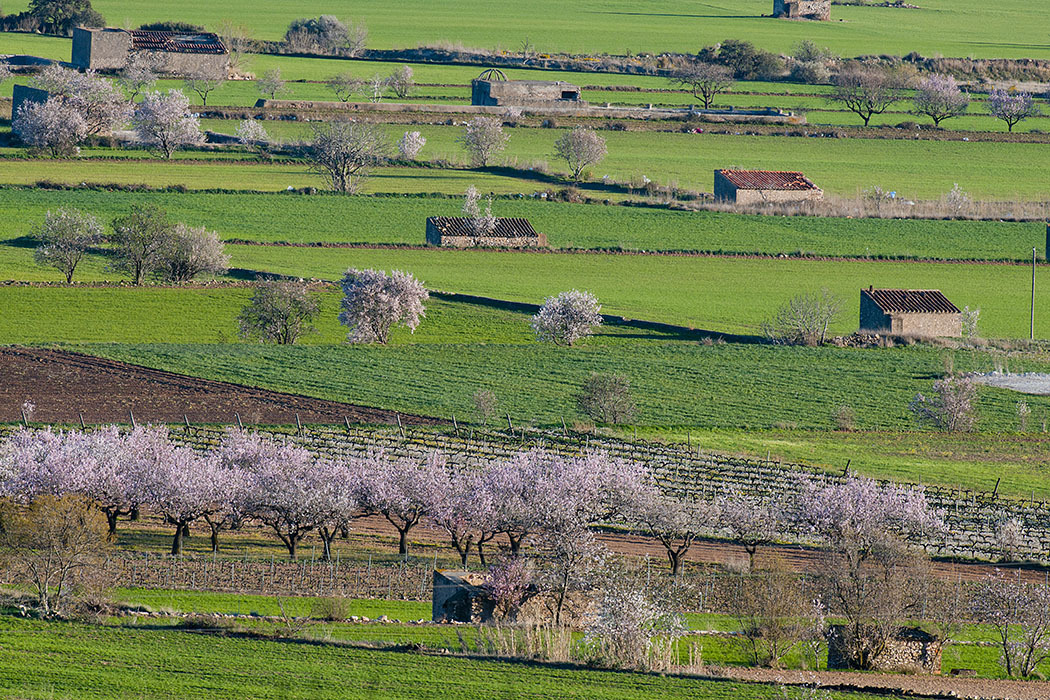Información Corporativa
Amamos la Naturaleza. Así de sencillo.
MN CONSULTORES EN CIENCIAS DE LA CONSERVACIÓN nace con la misión de colaborar en la preservación del único patrimonio universal: la Naturaleza. Creemos en el deber de proteger la vida en la tierra en todas sus manifestaciones. Y aceptamos el reto.
Sabemos que la conservación de la biodiversidad es la más alta obligación del hombre con las generaciones futuras, pero creemos también en el talento y perseverancia de nuestra especie para afrontar los más grandes retos. La Ciencia es la mejor síntesis y expresión de nuestras capacidades, y por ello nos mueve una convicción:
Si el Hombre en la Naturaleza es el reto, la Naturaleza Humana, es la solución.
Compromiso MN
MN encourages the protection of farmland in Alt Camp region, one of the most biologically interesting and most threatened agro-ecosystems in Catalonia
As part of its corporate commitment to the conservation of Iberian landscapes and ecosystems, MN has promoted and funded over the past two years several actions aimed to the study, appreciation and territorial protection of the last dryland farming landscapes in upland littoral Catalonia: the agro-ecosystems of the Alt Camp region.
The driven strategy has been coordinated with various local administrations and institutions, to whom MN has also provided with technical support. It is a movement that brings together numerous companies, mainly from both the primary and tertiary sectors, whose action and personality is closely linked to these landscapes, as well as government institutions and cultural and environmental associations, which should culminate eventually in creating an organization for the protection and management of landscapes associated to dryland crops of the region. It also meets a large part of civil society, represented by 10 municipalities.
The process starts during the year 2013, when several meetings between representatives of MN Consultants, employers (growers, wineries, cooperatives, farmers, rural tourism accommodation, etc.), mayors, and other groups and members of the civil society concerned about the future of landscape and natural values ??(biological richness, productivity) of the cultured plains of the region. Such concerns stem from the finding that the model of socioeconomic and urban development -and also the involved planning tools - do not manage th territory accordingly with the significance of the landscape or the cultural and biological values that it holds. These are models far from the respect for these matters, which do not provide or encourage the development of the economic potential of the region through their productive (agricultural) and intangible (touristic, residential, etc.) values.
The social process takes shape and is formalized with the creation of a manifesto, which is subscribed by all involved actors and join other entities and companies in an event that takes place in the Chamber of Commerce of Valls. It brings more than 50 cooperatives and companies from the primary and tertiary sectors, political representatives and a large number of associations and other representatives of civil society. In the above mentioned manifesto he agreed to move to the superior administrations the urgent need to recognize the values ??and resources of the region and to act according to these. In addition, it collected the consensus for creating a partnership or consortium (or similar legal entity) that brings together all the actors and civil society mobilized. The main purpose of this would be to ensure the protection and management of the landscape and its natural and cultural heritage, ensure respect, enhance regional identity and promote a model of economic development related and consistent with those values.
Dryland crop plains of Alt Camp occupy a territory shared between 11 municipalities (Figuerola del Camp, Cabra del Camp, El Pla de Santa Maria, Valls, Aiguamúrcia, Vila-rodona, Alió, Bràfim, Puigpelat, Vilabella and Nulles ), ten of which are already involved in this territorial mobilization. January 2014 the mayors of these municipalities presented a declaration by which they agreed to promote a new entity to ensure a unique treatment for dryland farming landscapes.
- Agentes implicados
- - 50 Companies from the primary sector of the Alt Camp region
- - Municipalities of Aiguamúrcia, Alió, Bràfim, Cabra del Camp, Figuerola del Camp,
- Nulles (Coordinación), El Pla de Santa Maria, Puigpelat, Valls and Vilabella.
- Fecha
- Enero 2014
Información asociada
En los medios
Otros proyectos de Compromiso MN
anterior-
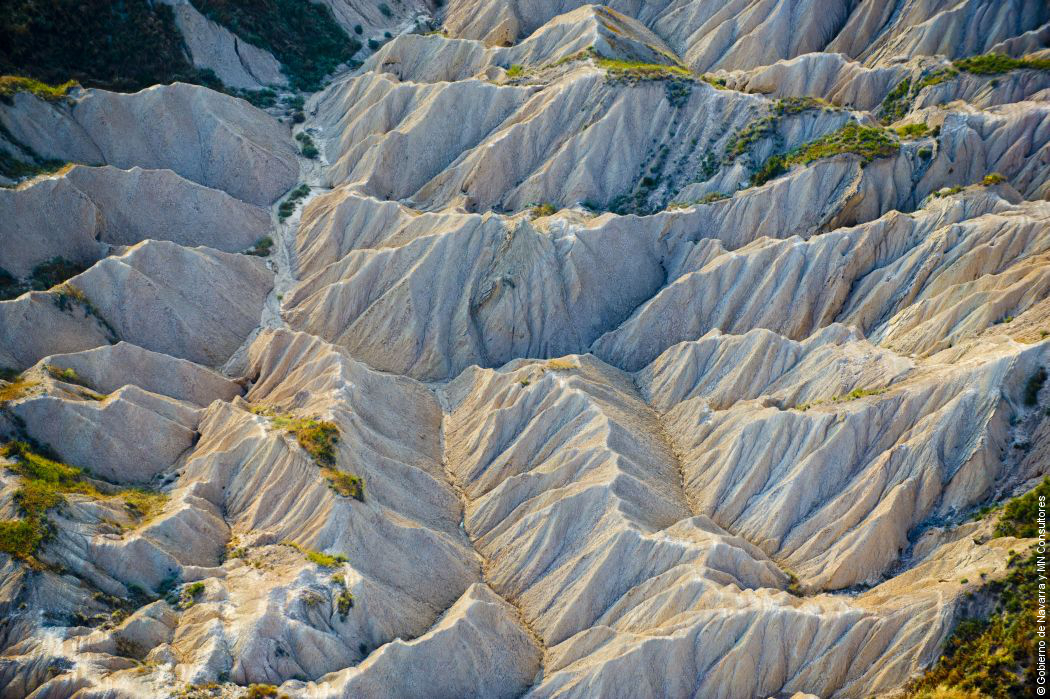 El Sistema Fluvial Arga-Aragón, primer proyecto del programa Paisajes Fluviales Ibéricos
El Sistema Fluvial Arga-Aragón, primer proyecto del programa Paisajes Fluviales Ibéricos -
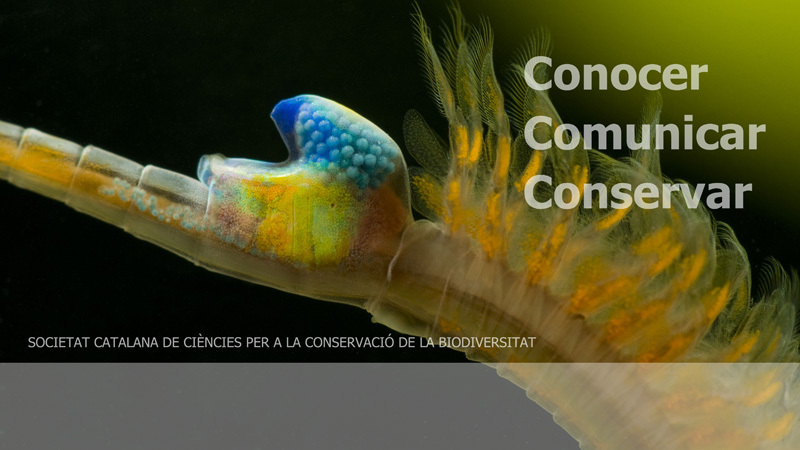 MN impulsa el nacimiento de BIOSCICAT, la Sociedad Catalana de Ciencias para la Conservación de la Biodiversidad
MN impulsa el nacimiento de BIOSCICAT, la Sociedad Catalana de Ciencias para la Conservación de la Biodiversidad -
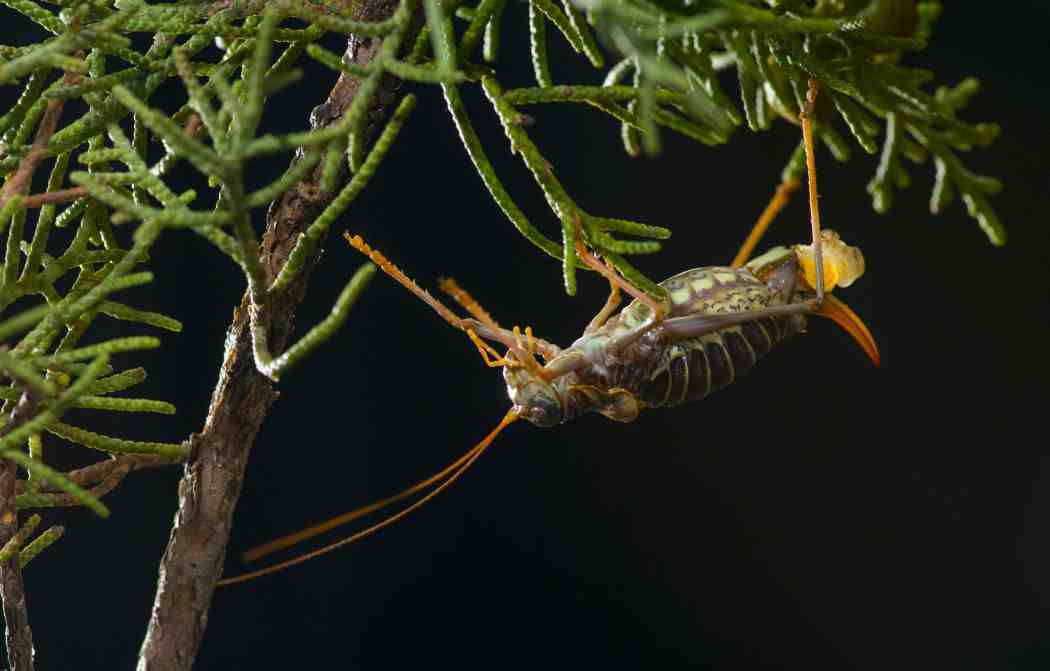 MN impulsa y desarrolla estudios sobre la biología de 'Lluciapomaresius panteli’
MN impulsa y desarrolla estudios sobre la biología de 'Lluciapomaresius panteli’ -
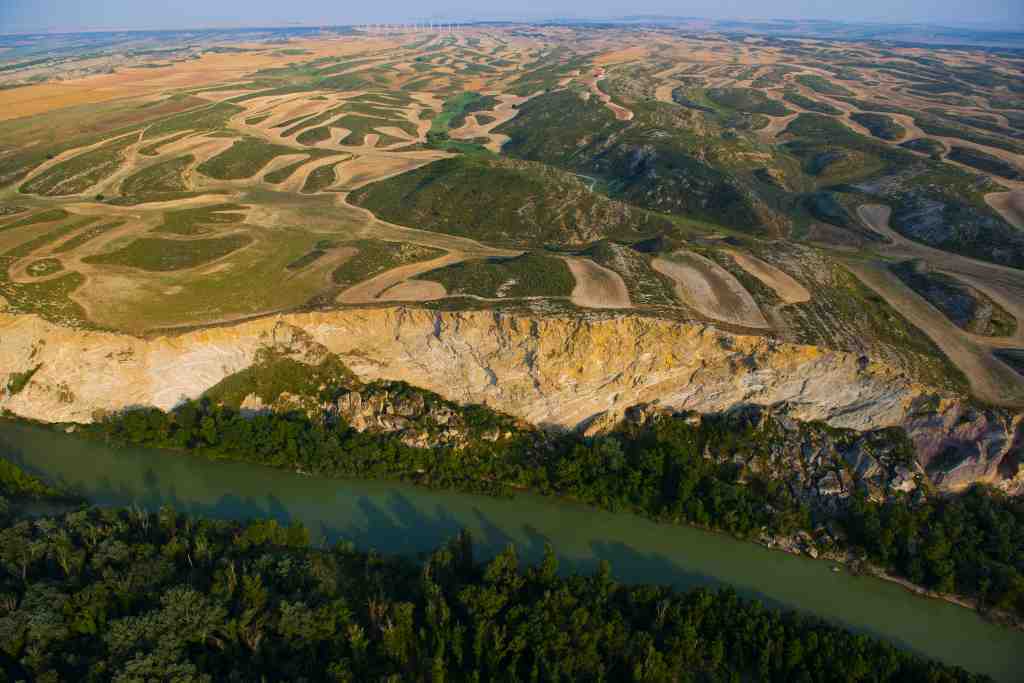 MN impulsa y coproduce un audiovisual sobre restauración fluvial
MN impulsa y coproduce un audiovisual sobre restauración fluvial -
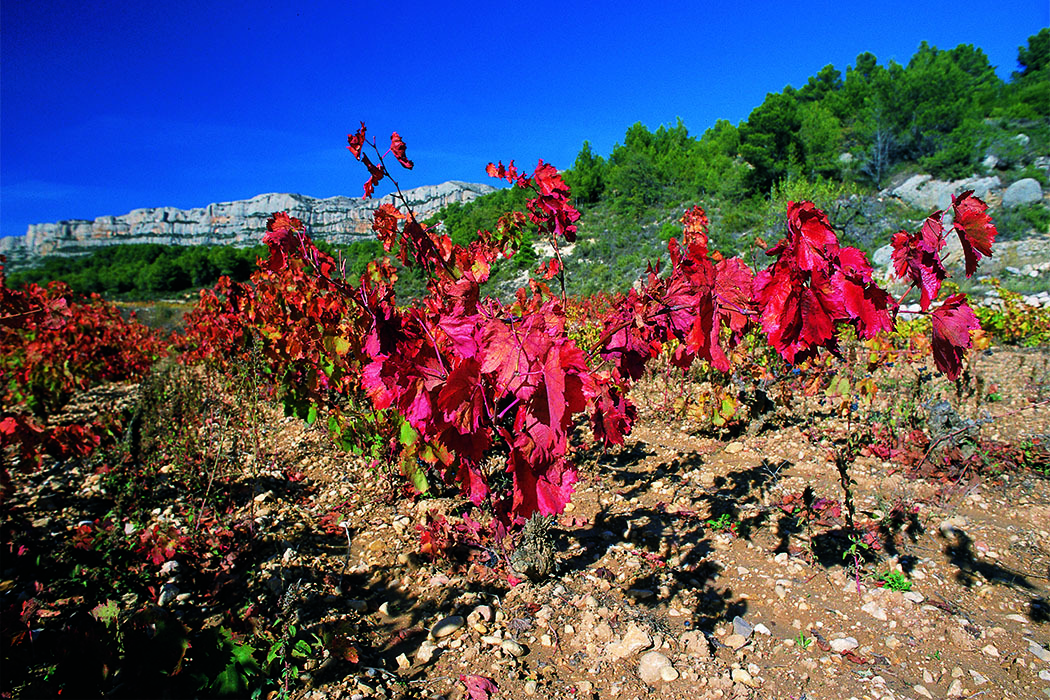 MN colabora en el reconocimiento mundial (UNESCO) del paisaje de "Priorat-Montsant-Siurana"
MN colabora en el reconocimiento mundial (UNESCO) del paisaje de "Priorat-Montsant-Siurana" -
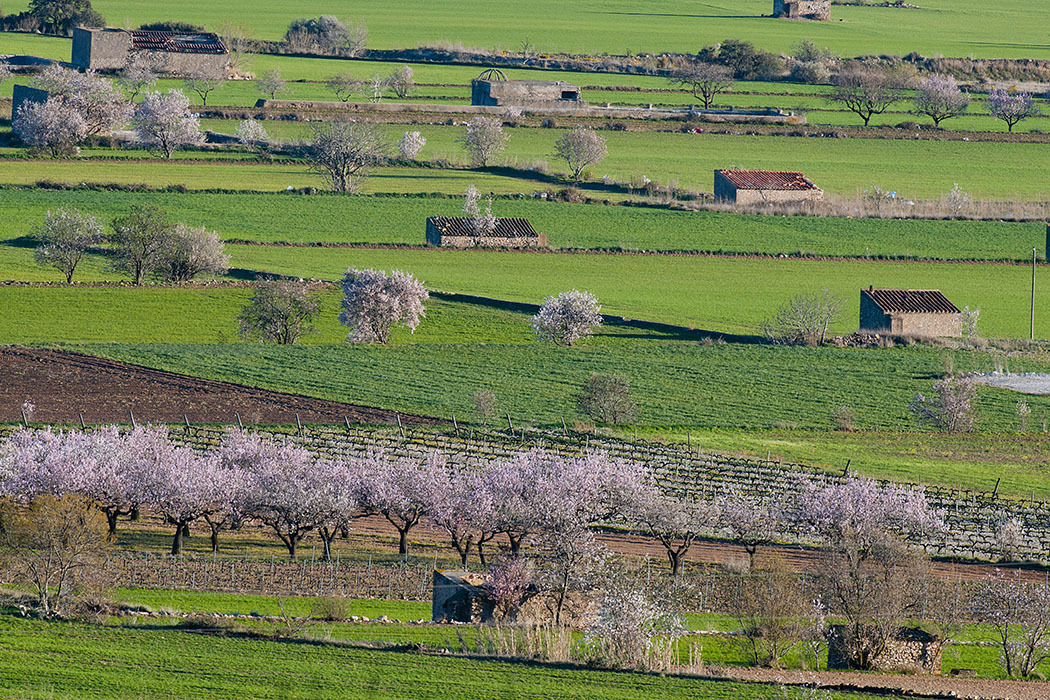 MN impulsa la protección de los paisajes agrícolas de la comarca del Alt Camp
MN impulsa la protección de los paisajes agrícolas de la comarca del Alt Camp
